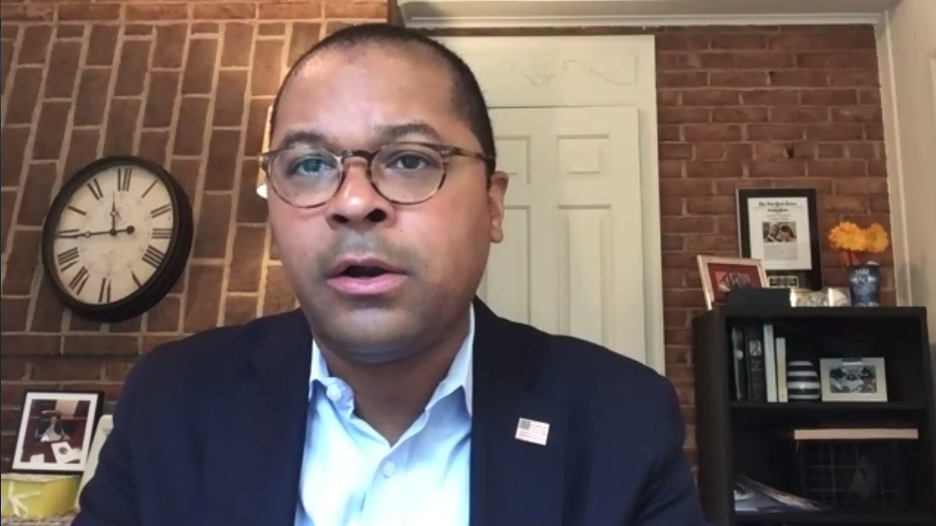Lack of Affordable Internet Disproportionately Impacts Minority Communities, Says Commissioner Geoffrey Starks
July 7, 2020 — “The digital divide is just one of many systematic changes we need to make,” said Federal Communications Commissioner Geoffrey Starks on a Tuesday webinar centered on achieving nationwide digital equity and inclusion. The “digital divide” is not a new phenomenon, but one termed almost










Member discussion